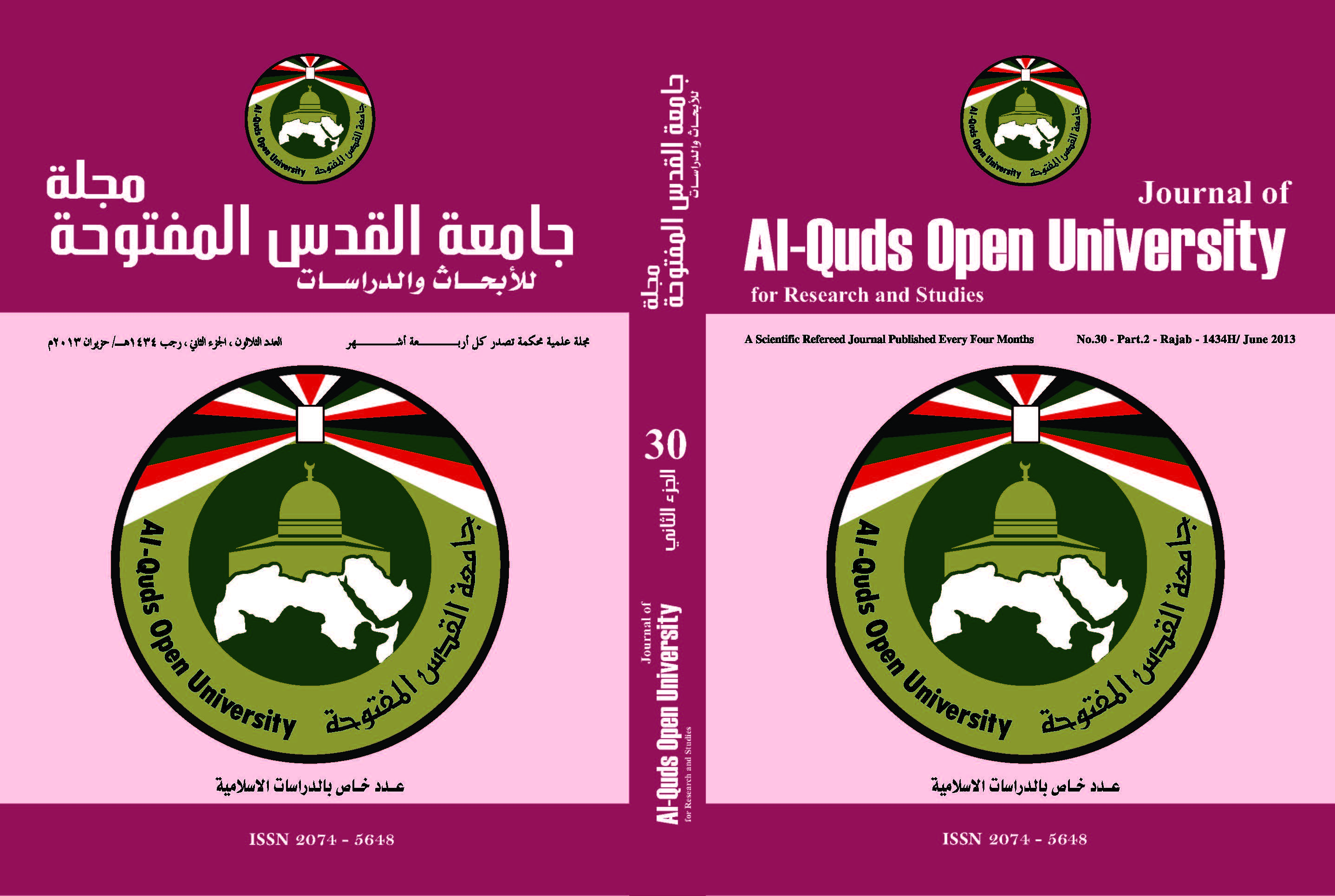The reasons for Preference in the Agreed upon Quranic Methods of Recitation: Study and Criticism
Keywords:
Reasons of Preference, agreed upon methods of Quranic recitation, study and criticismAbstract
This paper aims at assembling, studying, and assessing the premises
that made some Muslim scholars side with or against one of the agreed
upon methods of recitation of the Holy Quran, with the aim of reaching
conclusions on the superiority of one method over the others. The study also
tries to fathom the following questions: Are the reasons that made some
Muslim scholars prefer one method of recitation over the others worthy of
consideration? What are the dangers of outweighing one of the recitation
methods over the others? If outweighing one of the methods of recitation is
forbidden, what is the benefit of having these various methods of recitation?
Finally, how are we supposed to tackle the Ayas that can be recited in more
than one method of recitation?
Downloads
Published
How to Cite
Issue
Section
License
- The editorial board confirms its commitment to the intellectual property rights
- Researchers also have to commit to the intellectual property rights.
- The research copyrights and publication are owned by the Journal once the researcher is notified about the approval of the paper. The scientific materials published or approved for publishing in the Journal should not be republished unless a written acknowledgment is obtained by the Deanship of Scientific Research.
- Research papers should not be published or republished unless a written acknowledgement is obtained from the Deanship of Scientific Research.
- The researcher has the right to accredit the research to himself, and to place his name on all the copies, editions and volumes published.
- The author has the right to request the accreditation of the published papers to himself.













_2.png)
_.png)
_2.png)
_1.png)
_.png)

